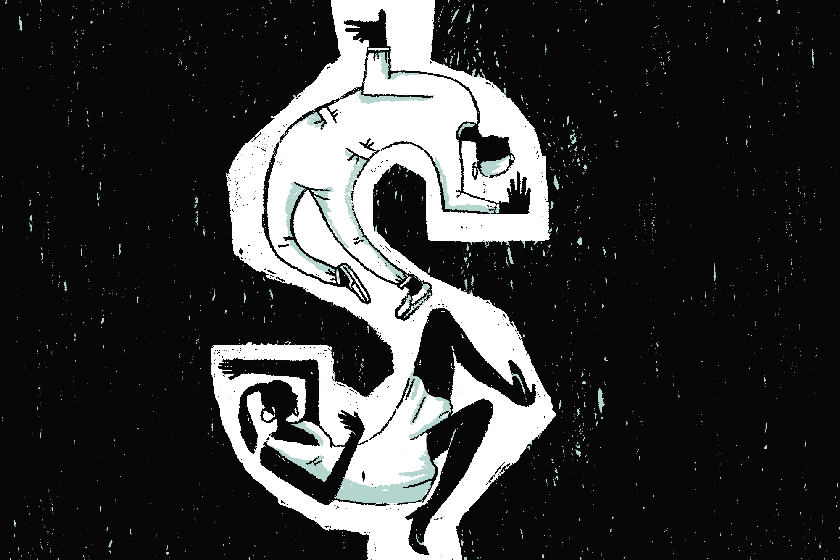Eliminating Fines and Fees for Youth in the Juvenile Justice System
The Lowenstein Center for the Public Interest has advanced a number of initiatives to improve New Jersey’s juvenile justice system. Most recently, we collaborated with the Rutgers Criminal and Youth Justice Clinic, the Juvenile Law Center, the New Jersey Institute for Social Justice, and the New Jersey Office of the Public Defender to advocate for legislation that would eliminate the exorbitant debt that families incur when youth interact with the juvenile justice system.
Generally, fines are imposed by a juvenile court at the end of a case as a penalty for a youth’s actions, and fees are charged to help fund the court system or a particular service or program. New Jersey had some of the most punitive fines in the country, and many youth (some as young as 13) and their families owe thousands of dollars they cannot afford to pay. In addition to increasing economic instability for families, these debts can stall rehabilitation, as young people remain tethered to the justice system. Unpaid debt can lead to extended probation, revocation of parole and placement in a facility, civil judgments, the issuance of warrants, and driver’s license suspensions. Moreover, fines and fees disproportionately impact low-income communities, particularly communities of color, and punish families for their poverty.
In just seven years, 15 states have reformed their laws to curb juvenile fines and fees and protect system-involved youth, and New Jersey has been a leader among them. In 2020, the state enacted S48/A5586, which, in addition to many other significant reforms we reported on in our 2019 Pro Bono Report, eliminated court-ordered juvenile fines and financial penalties. Most recently, in December 2021, the Legislature passed a follow-up provision, S3319/A5507, which was signed into law on January 10, 2022.
The new law eliminates the remaining statutory costs, fees, and penalties imposed on juveniles involved in the justice system. Significantly, the new law applies to past debt. It discharges and vacates any outstanding balances of fines and fees previously assessed against a juvenile or the juvenile’s parent or guardian, as well as any unsatisfied civil judgments based on these monetary penalties. The law also vacates any warrants issued for failure to pay or to appear in court to pay the monetary penalties arising from involvement in the juvenile justice system.
As one impacted young person who participates in the New Jersey Institute for Social Justice’s Camden Youth Council explained, “If someone is trying to get back on the right foot, they shouldn’t have to pay to do it.”

